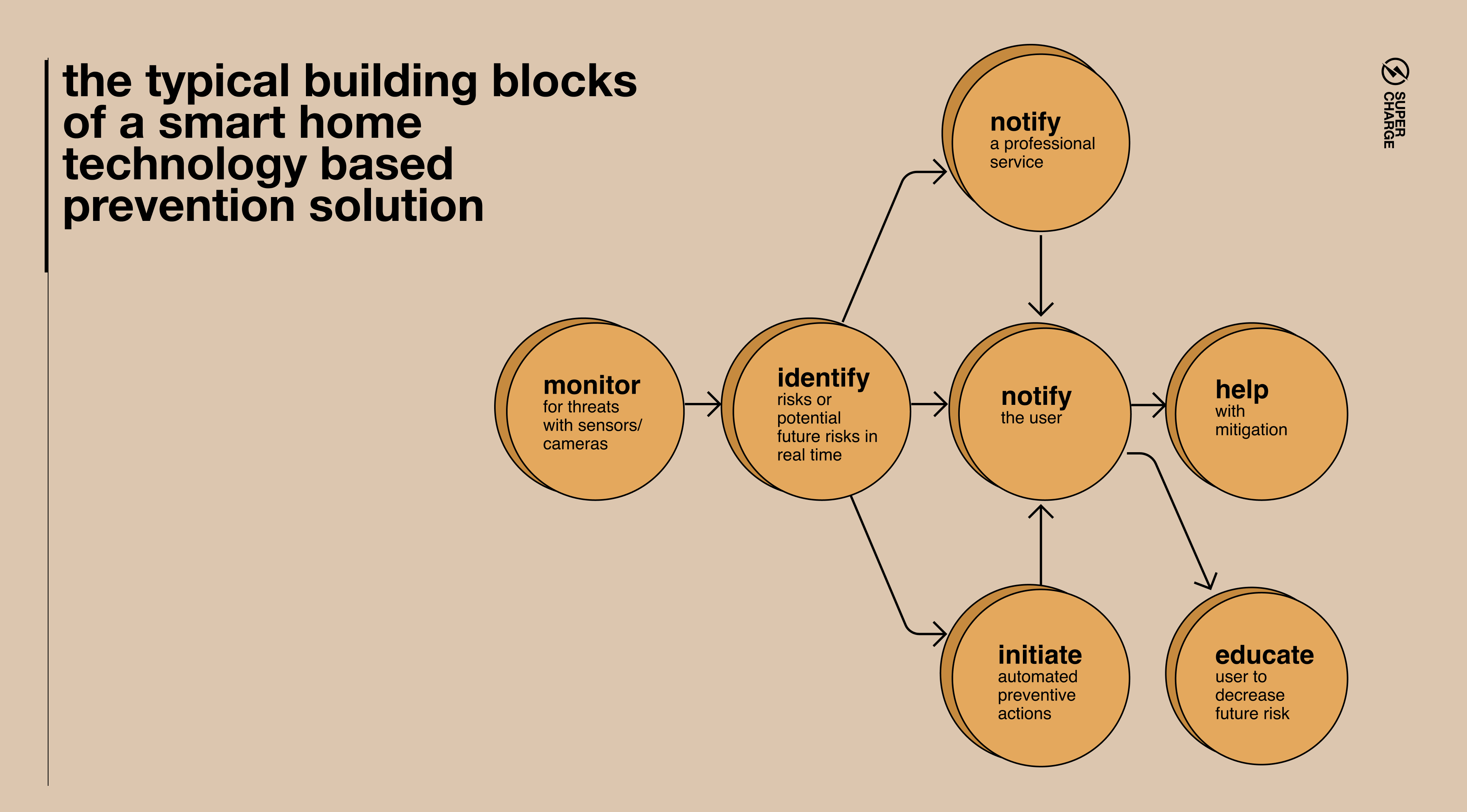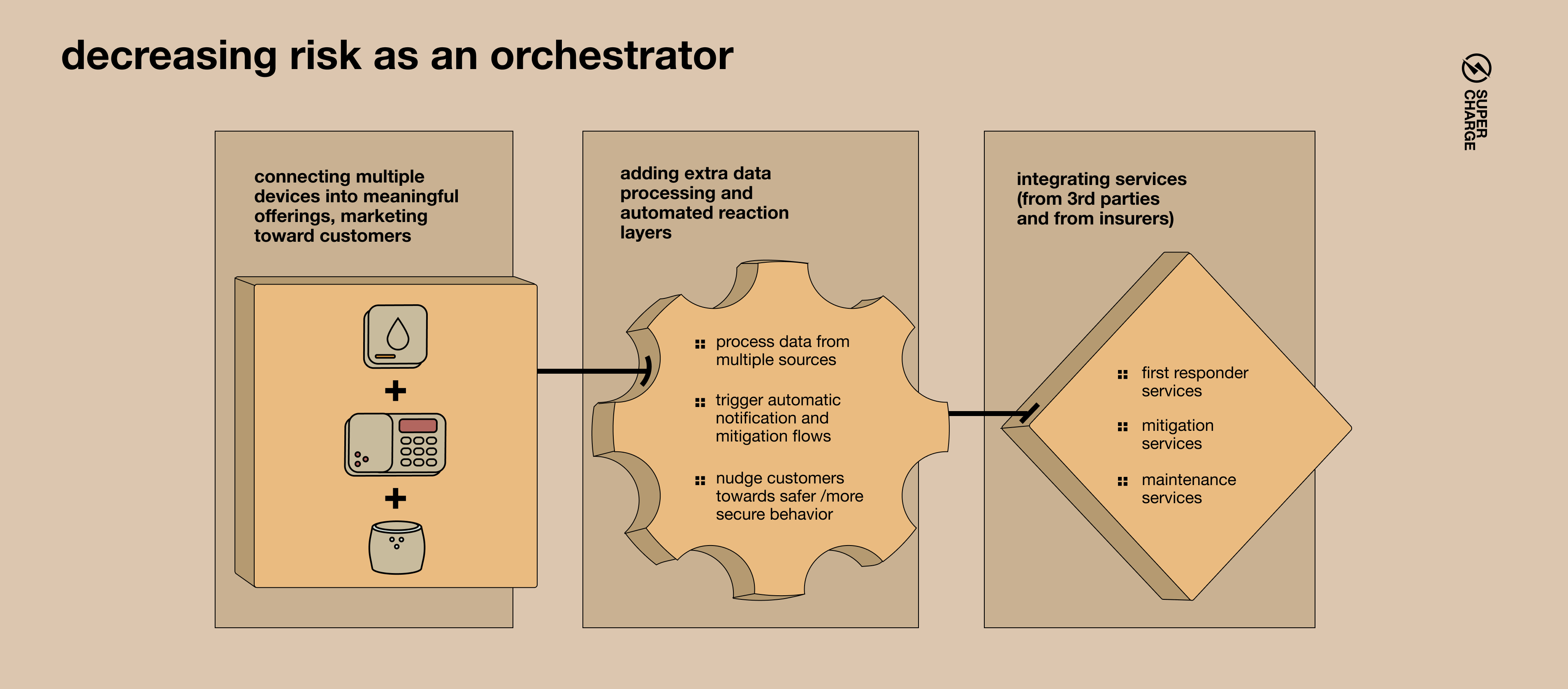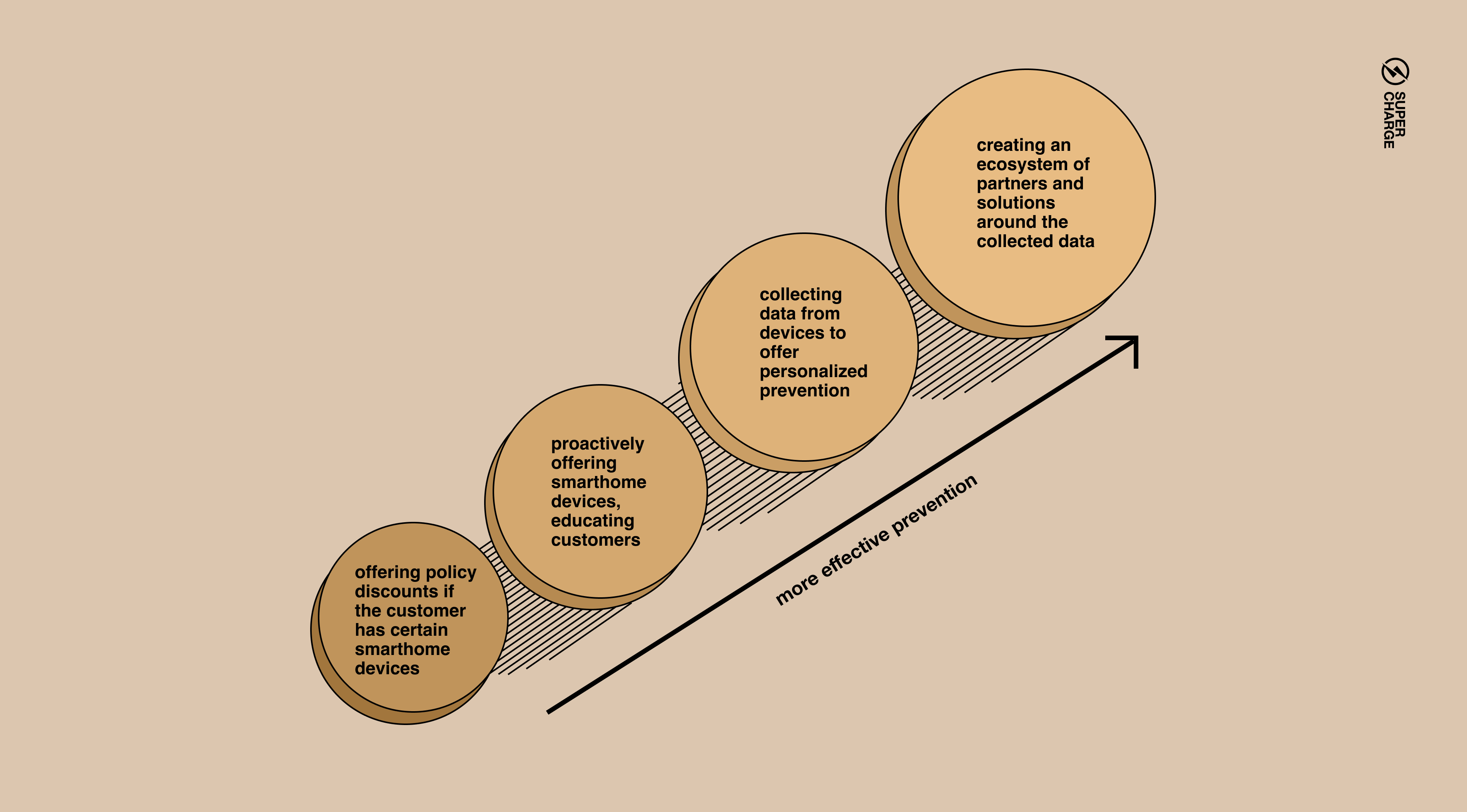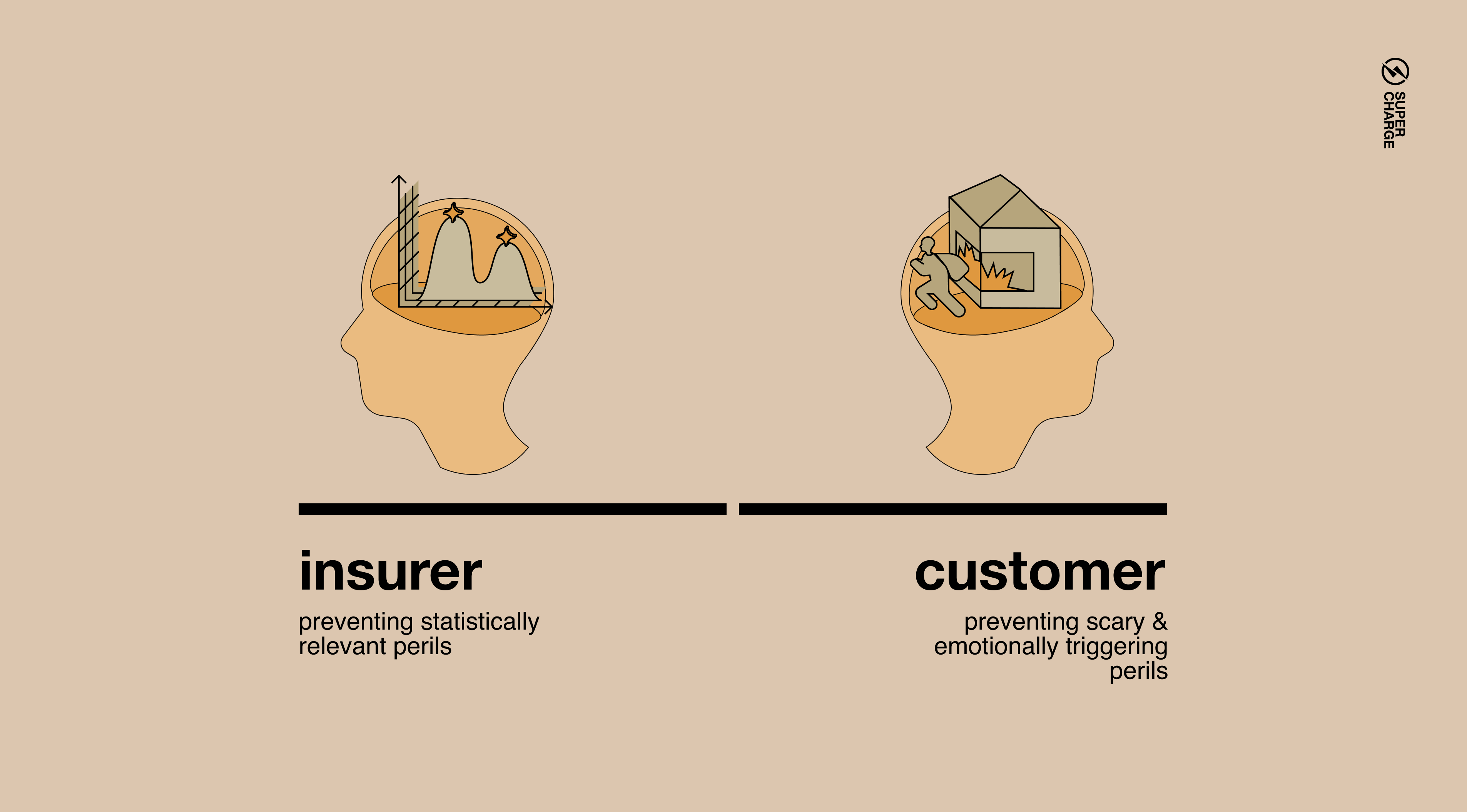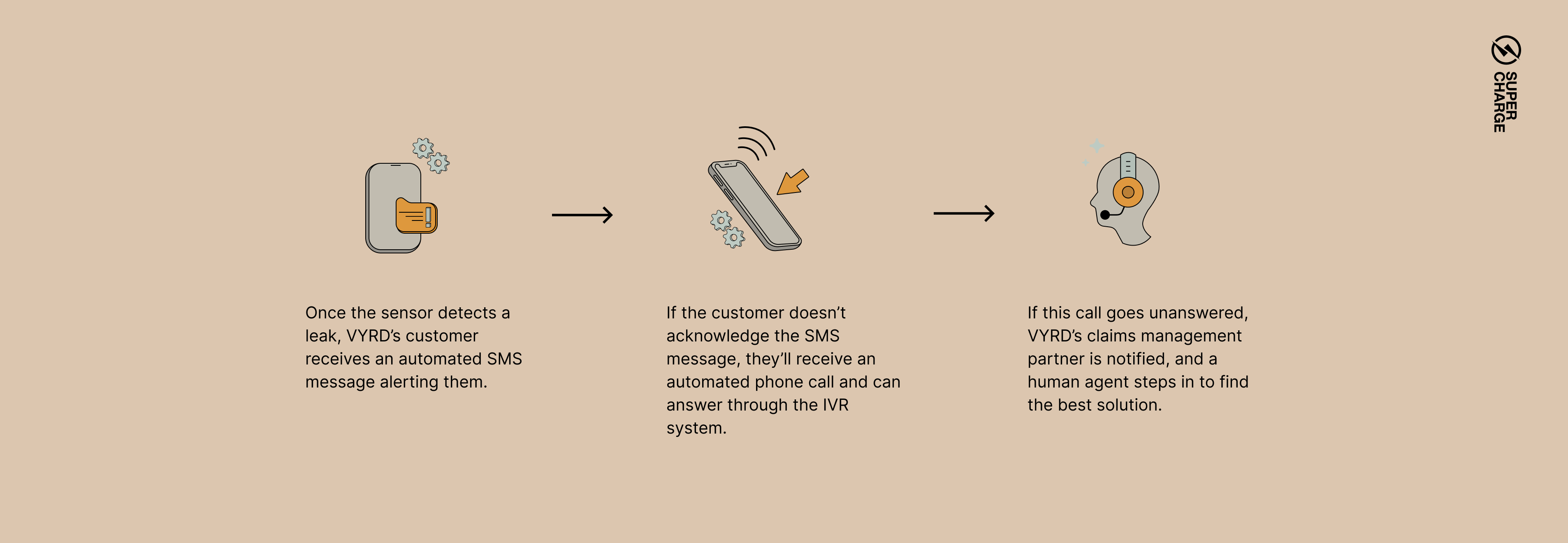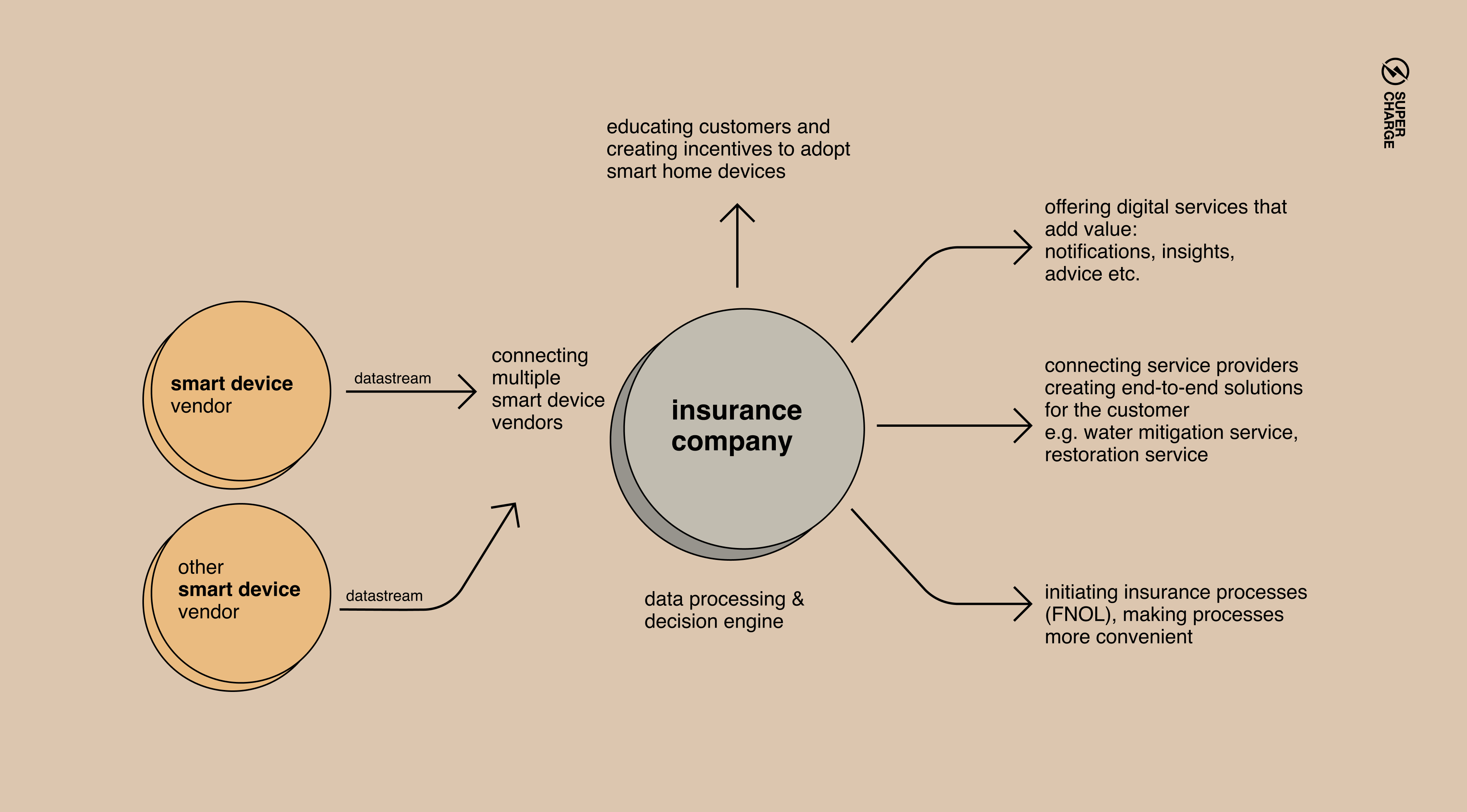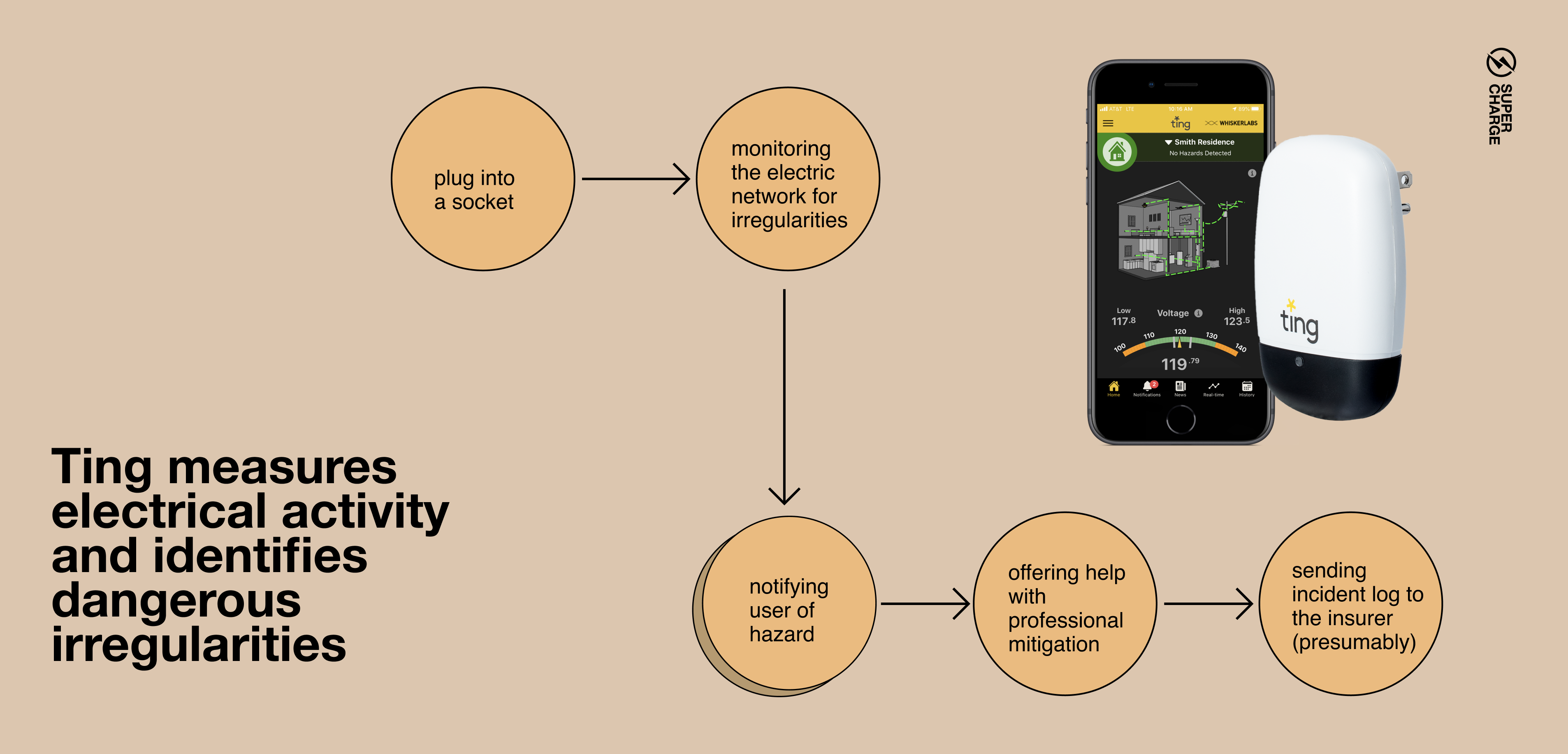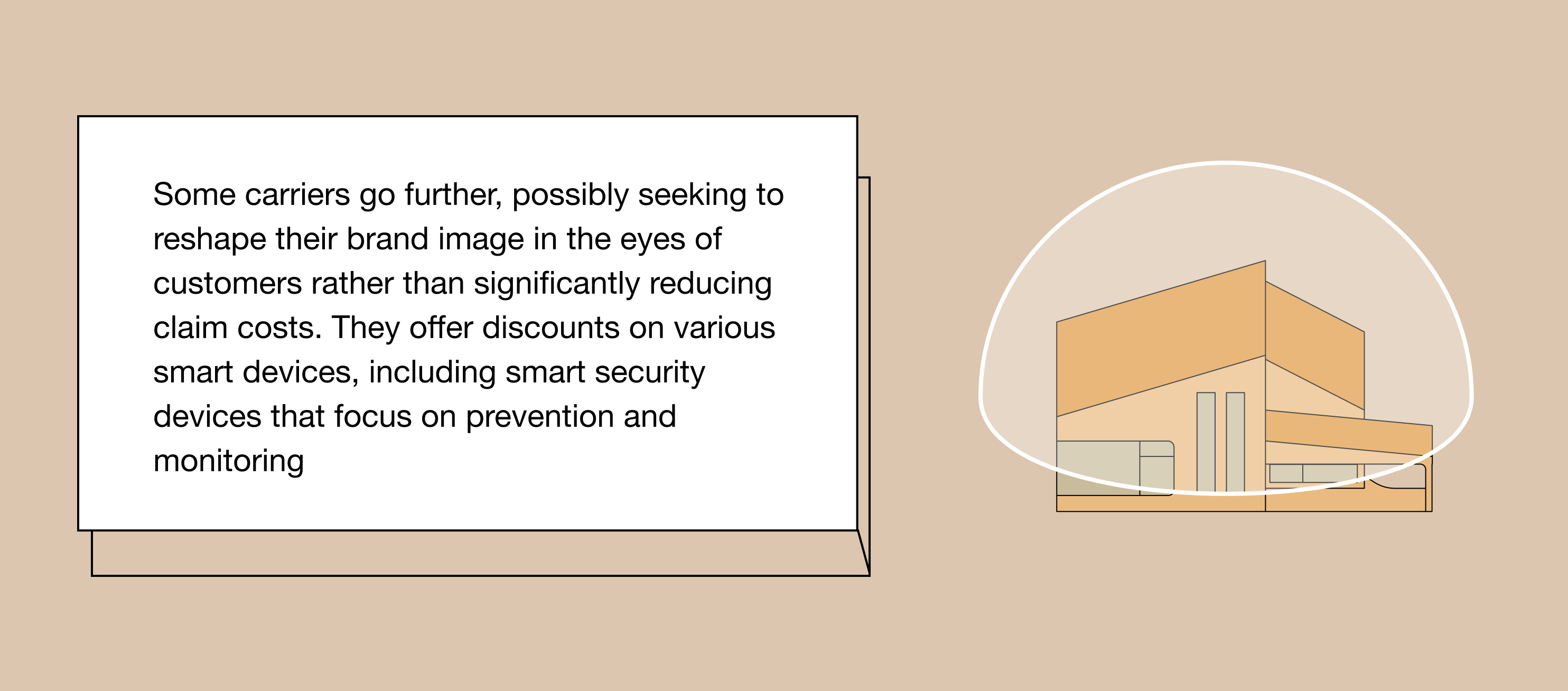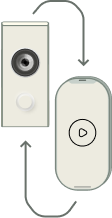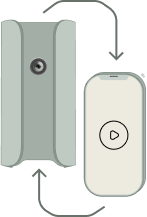Addressing the disastrous Florida market with prevention tech
VYRD is a new entrant to the Florida homeowner’s insurance market - the first Florida-domiciled P&C insurer licensed in the state in over three years. VYRD combines using technology to prevent and mitigate risk and having a team with specialized local experience and insights to navigate Florida’s uniquely difficult market. On top of the increasing intensity of hurricanes, high incidents of fraud and high operating costs have stifled business - causing Property Insurance companies to cancel policies, leave the state, and liquidate at an increasing pace.
VYRD believes that by being selective about what homes they want to insure and having the right policy structure, they can thrive and fill the supply gap in the market. Besides being smart about their underwriting practices, VYRD bets on prevention tech to decrease the impact of non-cat perils.
Preventing water related damages through smart sensors and guided mitigation
Water and wind/hail are the most frequent sources of non-cat claims. While fire and lightning usually result in more severe claims, they occur much less regularly. There is a lot of interest in using digital solutions to prevent wind-related damages, but the tech for water-related risks is further along. The idea itself is not new: many companies on the market offer leak sensors, pipe-freeze detectors, and shut-off valves.
These are easy to install in any home and can effectively prevent and mitigate water-related incidents. VYRD goes beyond promoting and distributing IoT devices with their own proprietary data processing and mitigation platform.
VYRD customers can opt in for the water protection and receive a free leak detector kit. Once installed, they get an immediate discount. Programs like this are fairly common, and most stop at this point - but VYRD takes it further by feeding sensor data into its proprietary data processing system. The carrier partnered with Notion to provide sensors and underlying infrastructure. Data arrives to Notion’s servers and is then forward to VYRD’s system - any leak incident starts a multi-step sequence to ensure the earliest possible mitigation.



